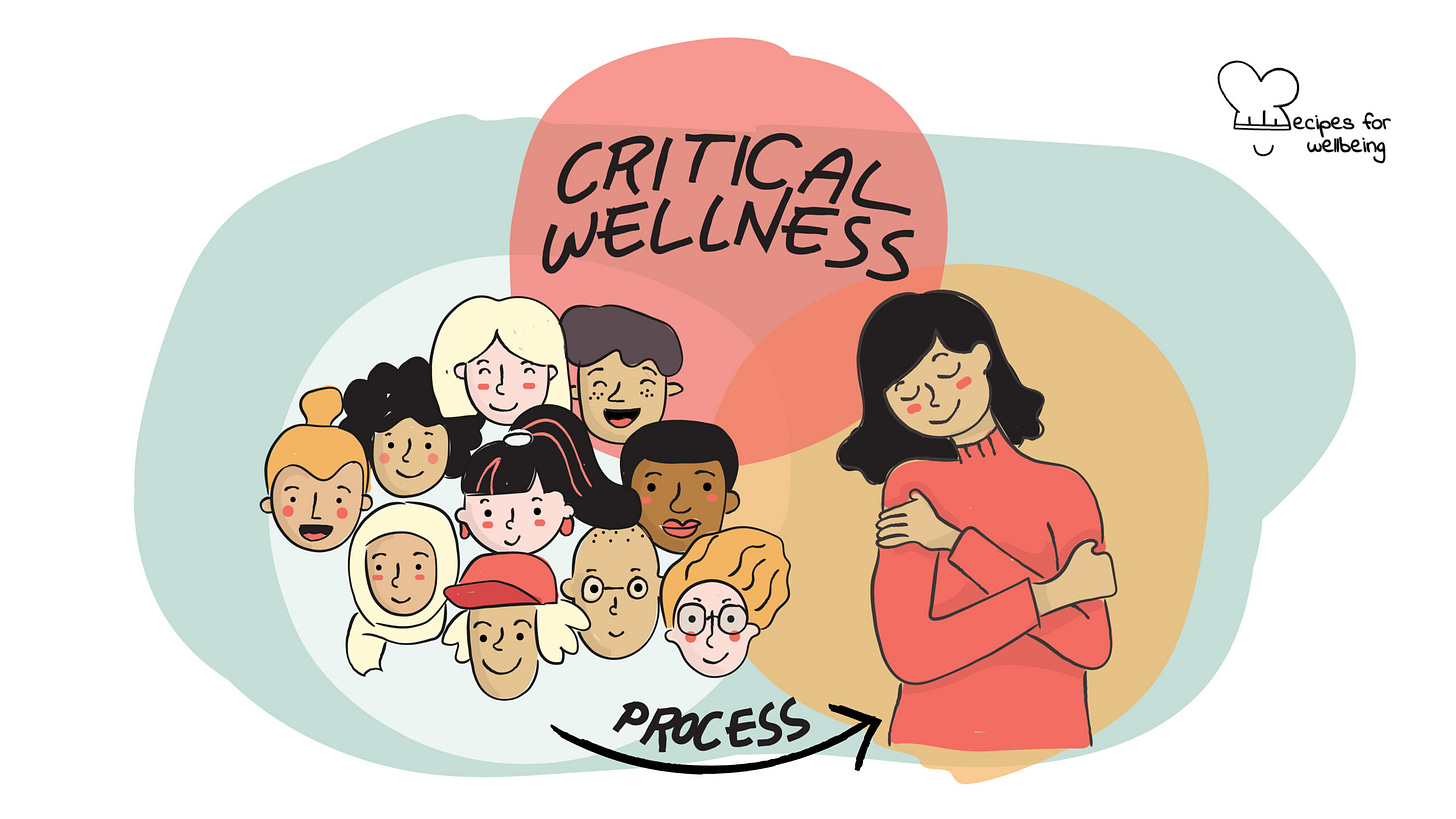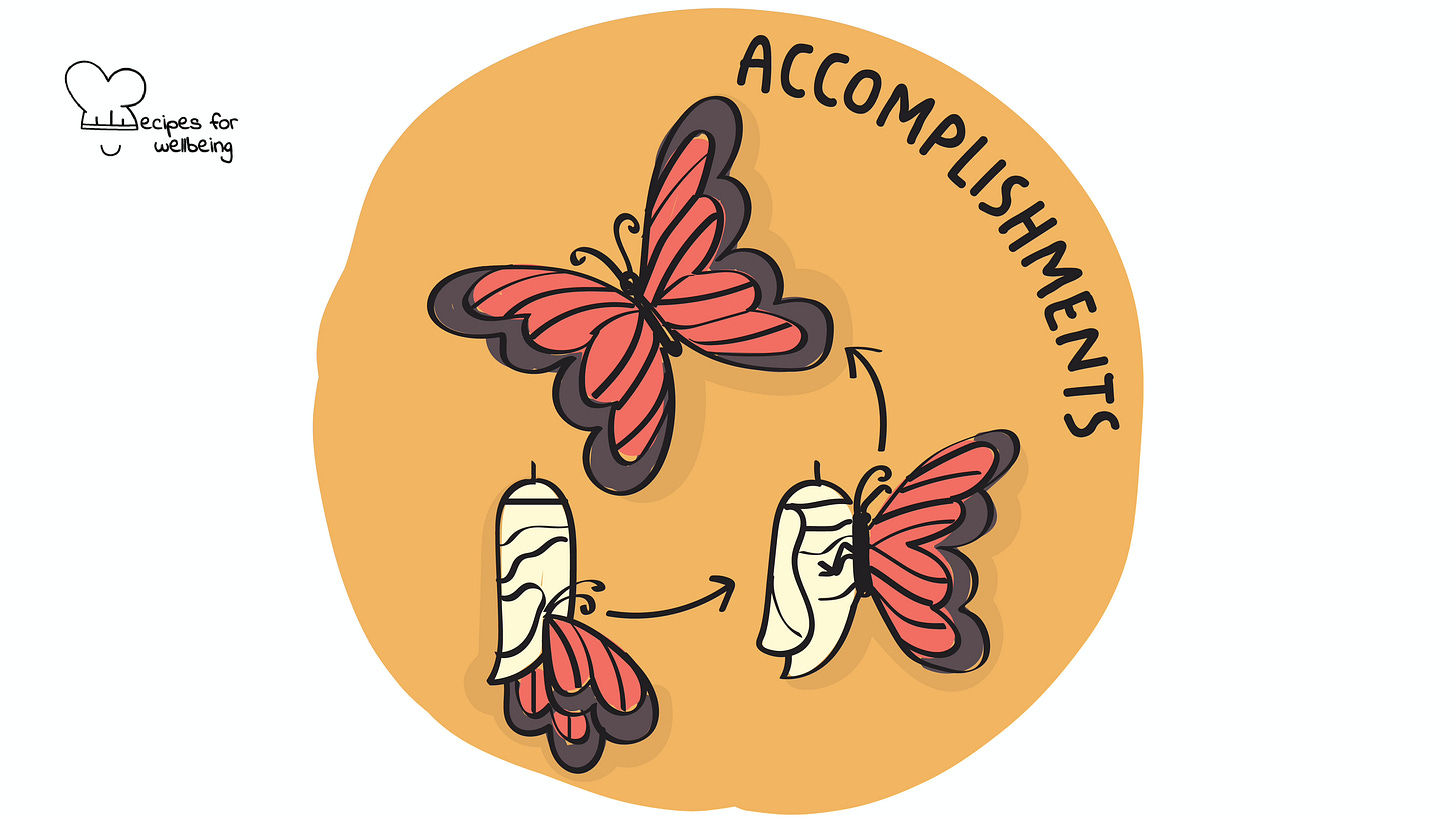
Accountability: Taking responsibility for the impact of your actions and inactions.
Turning on ‘response-ability’
Your choices and behaviours have far-reaching effects on others and the planet, so the skill of accountability encourages you to take responsibility for the impact you create – both through what you do and don’t do. It’s the practice of honestly acknowledging and owning the consequences of your actions and being proactive about rectifying the harm caused.
Accountability recognises that you are interconnected to others and therefore ‘response-able’ – able to respond to the needs and contribute to the wellbeing of the larger ‘wholes’ you are part of. These include your immediate communities and those who may be indirectly affected by your actions (or inactions), such as people in distant communities who bear the actual costs of your comforts.
💡 “Being able to admit when you are at fault, is one of the most important relationship skills you could ever develop. Being able to stand your ground when you’re not at fault is one of the most vital individual skills you could ever develop. How can you hold both of these in the balance?”
–Elizabeth Earnshaw, ’Til Stress Do Us Part
Nurturing this skill enables you to develop the courage and integrity needed to face the consequences of your choices head-on, even when it’s uncomfortable. You learn to see that your individual actions (or inactions) contribute to collective patterns and global systems, so you must commit to making changes and amends where needed. This might also involve examining your consumption habits, understanding the supply chains behind your products, and considering the environmental impact of your lifestyle choices.
What does this mean for changemakers?
The skill of accountability is ever-more important for changemakers because having the right intention is not enough – sometimes, through your changemaking work, you may be causing more harm than good. By modelling a solid commitment to accountability, you build trust within the communities you serve, you demonstrate integrity in your leadership, and you promote a culture of responsibility in your organisations and movements. Through transparent decision-making processes, clear feedback and grievance resolution processes, and restorative justice practices, accountability is a collective skill, too.
⚠️ IMPORTANT: Accountability is not about perfectionism. Instead, it’s about being willing to face your shadows (and other people’s) compassionately so you may hold yourself and others to a high standard of integrity. It also means proactively considering the potential impacts of your actions (or inactions) in advance so you can make more conscious choices that support the wellbeing of all affected – human and non-human alike.
By embedding accountability in the fabric of your organisations and communities, you contribute to creating trust-based environments where mistakes become learning opportunities to aspire to a just, fair, and equitable world.
How can you practise the skill of accountability?
Here are a few practices to get you started:
Reflection
Take a moment to reflect on the following prompts and share your thoughts and experiences in the comments below.
💭 What is your relationship with accountability? Where in your work and life do you feel most accountable, and where might you need to strengthen this muscle? What would making accountability a cornerstone of your changemaking practice look like?
⚠️ REMINDER: Accountability is a skill and a commitment to taking responsibility for your impact on the world around you. By embracing the discomfort and the growth that comes with it, you become more virtuous and trustworthy.
This skill is connected to the Wholebeing Domain of Accomplishments

Accomplishments is the ability to channel your motivation and talents to strive for wholebeing. It involves leaning into discomfort and persevering through resistance. This includes skills such as accountability and planning.
Teaser 👀
The next post will introduce the skill of abundance. In the meantime, as you engage with our wholebeing practices, share your commitments, insights, and experiences on your #WholebeingJourney in the comments section below.
Big hugs,
Alessia, Greta, and Tariq




